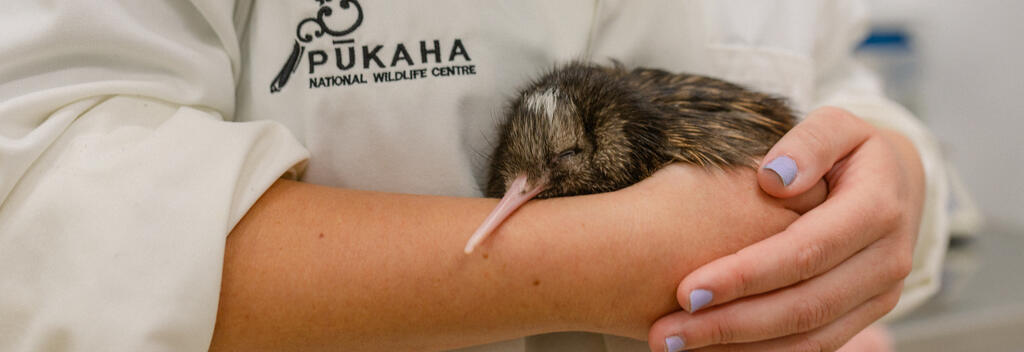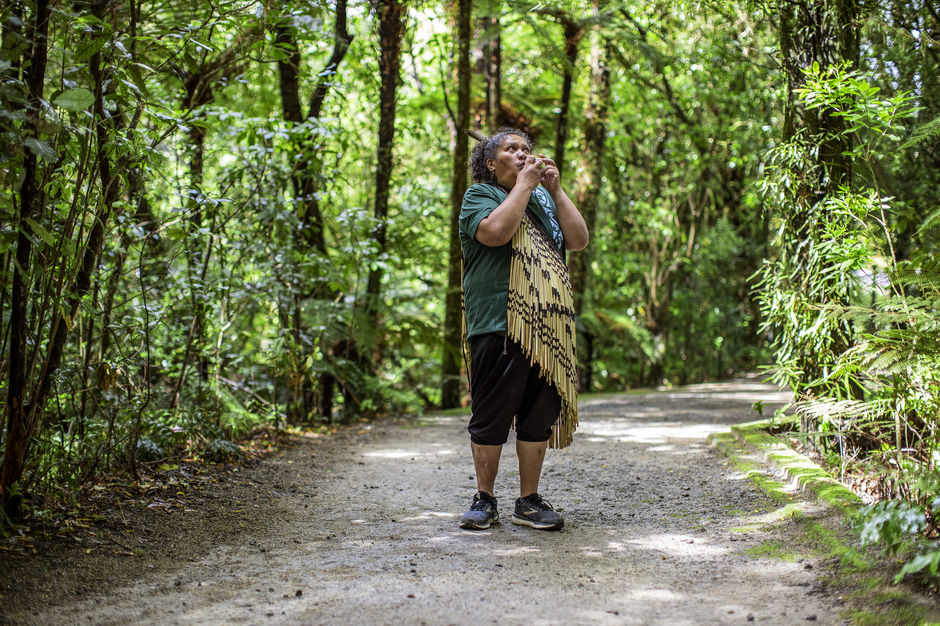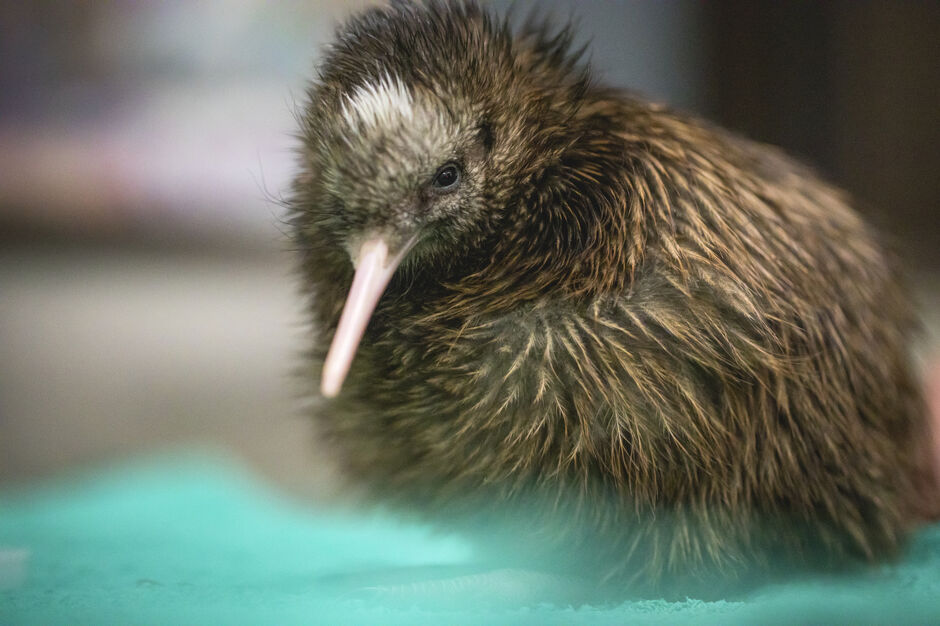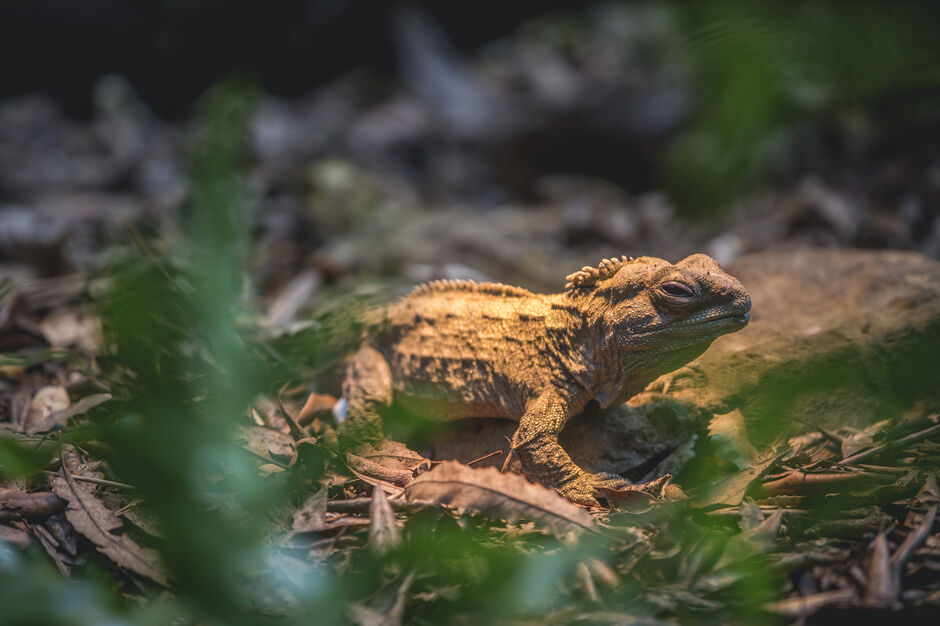-
Popular places to visit
Popular things to do
Helpful tips
Here's a few useful links to help with planning your trip to Aotearoa New Zealand.
-


Pūkaha National Wildlife Centre offers extraordinary wildlife encounters that will have you reaching for your camera.


Pūkaha National Wildlife Centre offers a unique opportunity to experience New Zealand’s native wildlife.
It is the birthplace of the first white kiwi to be hatched in captivity and home to other endangered wildlife such as brown kiwi, pāteke (brown duck), whio (blue duck), takahē, kōkako, kākā, orange-fronted parakeet, tuturuatu (shore plover), and tuna (longfin eels).
The reserve’s other claim to fame is that one of the reserve’s founders, Elwyn Welch, was the first person to train bantam hens to raise takahē chicks. Takahē are native birds that were thought to be extinct for fifty years, until 1948. To protect the birds, Welch and his associates raised the chicks in secrecy, even travelling under assumed names to collect the chicks from the South Island.
The 942-hectare unfenced reserve is the last significant remnant of what was once a great forest known to local Māori as Te Tapere nui o Whatonga. Since its inception, Pūkaha National Wildlife Centre has been working hard to restore the forest by removing introduced plants and pests and reintroducing native plants.


Pūkaha offers a variety of tours and experiences to help you get the most from your visit. Self-guided tours, which include talks and feeding sessions, offer a great way to learn about the wildlife.
Guided tours led by knowledgeable rangers are another great option. Sign up for Te Hīkoi o Pūkaha(opens in new window), a cultural tour that explores the Māori people’s connection to the land and its wildlife. You’ll meet local iwi (tribe), learn about Māori culture, and share kai (food) such as kawakawa tea and fried bread.
Other highlights include the Te Hīkoi Rongoā tour(opens in new window), which is led by a rongoā Māori practitioner who explains the healing properties of New Zealand’s endemic plants or join a night tour (June/July offer only) to see the forest come alive after dark with wētā, tuna (eels), glow-worms and a chance to see and hear wild kiwi.


Pūkaha is open all year round. Opening hours are from 9 am to 5 pm, open every day except Christmas. 1 hour Guided tours start at 10am and 2pm daily (booking is essential). Start times for the Night Tour vary, but they generally begin after the centre closes just after dusk. Spring is a great time to see birds nesting and raising their young.

